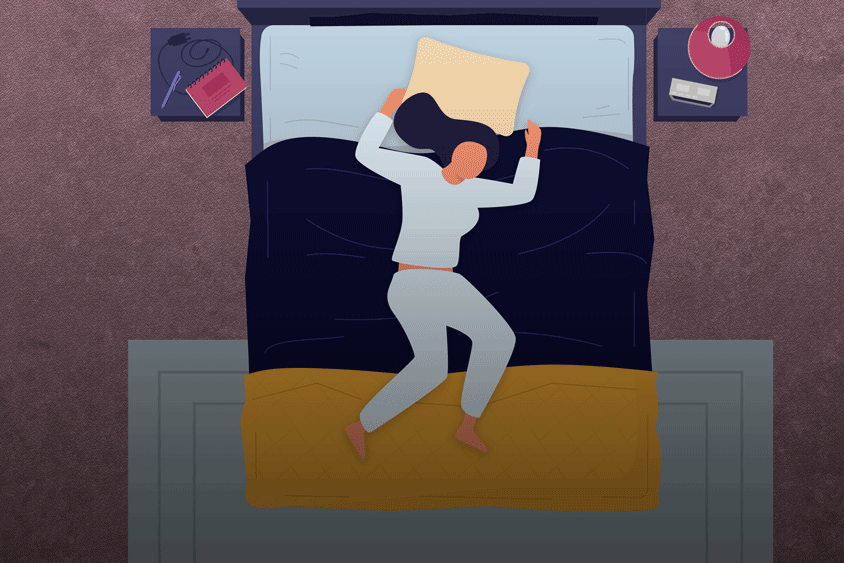Monitoring sleep posture is important for avoiding bedsores after surgery, reducing apnea events, tracking the progression of Parkinson’s disease, and even alerting epilepsy patients to potentially fatal sleep postures. Today, there is no easy way to track sleep postures. Past work has proposed installing cameras in the bedroom, mounting accelerometers on the subject’s chest, or embedding pressure sensors in their bedsheets. Unfortunately, such solutions jeopardize either the privacy of the user or their sleep comfort.
In this paper, we introduce BodyCompass, the first RF-based system that provides accurate sleep posture monitoring overnight in the user’s own home. BodyCompass works by studying the RF reflections in the environment. It disentangles RF signals that bounced off the subject’s body from other multipath signals. It then analyzes those signals via a custom machine learning algorithm to infer the subject’s sleep posture. BodyCompass is easily transferable and can apply to new homes and users with minimal effort. We empirically evaluate BodyCompass using over 200 nights of sleep data from 26 subjects in their own homes. Our results show that, given one week, one night, or 16 minutes of labeled data from the subject, BodyCompass’s corresponding accuracy is 94%, 87%, and 84%, respectively.
